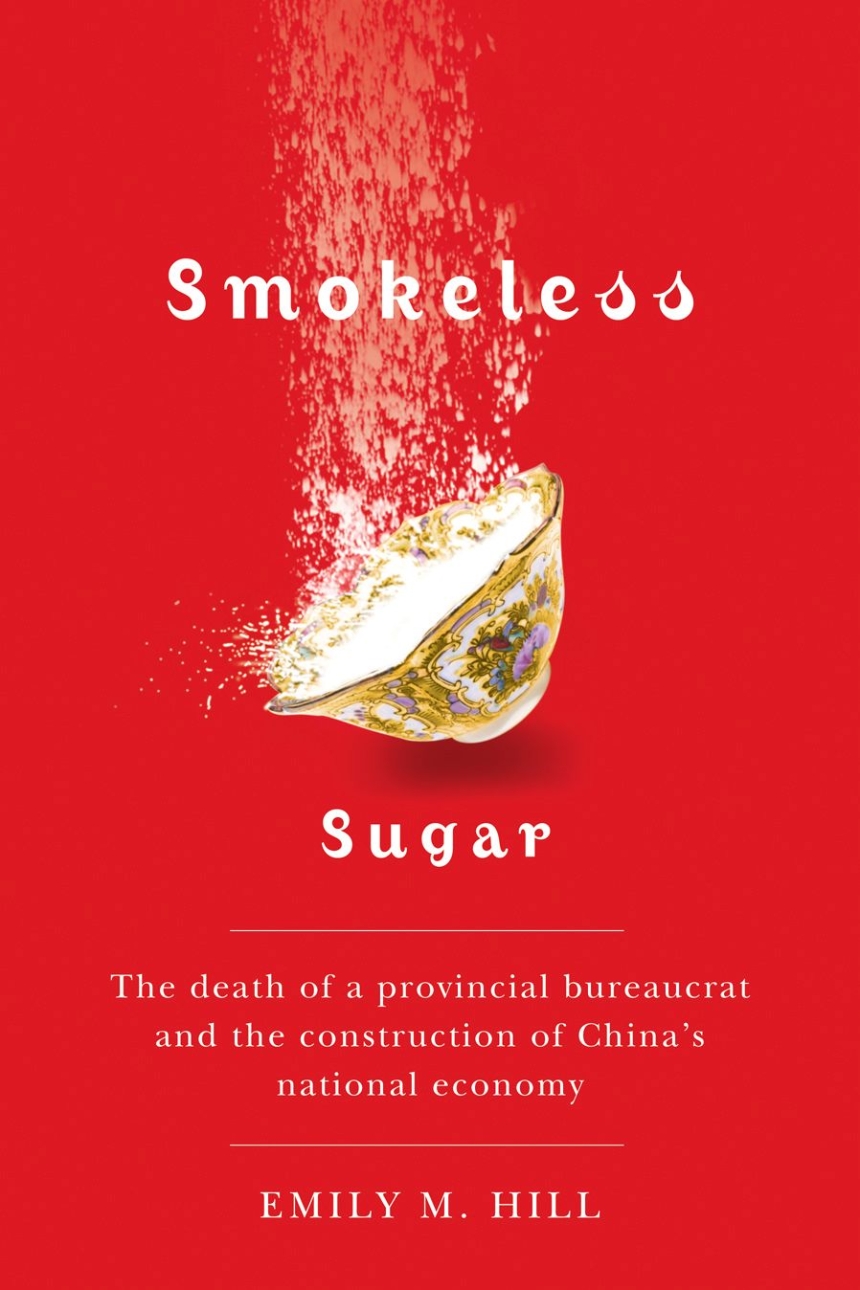University of British Columbia Press
Smokeless Sugar
The Death of a Provincial Bureaucrat and the Construction of China’s National Economy
9780774816540
Distributed for University of British Columbia Press
Smokeless Sugar
The Death of a Provincial Bureaucrat and the Construction of China’s National Economy
Part history, part biography, and part mystery story, Smokeless Sugar traces the formation of a national economy in China through an intriguing investigation of the 1936 execution of an allegedly corrupt Cantonese official. Feng Rui, a Western-educated agricultural expert, introduced modern sugar milling to China in the 1930s as a key component in a provincial investment program. Before long, however, he was accused of colluding with smugglers to pass foreign sugar off as a domestic product. Emily Hill makes the case that Feng was, in fact, a scapegoat in a multi-sided power struggle in which political leaders vied with commercial players for access to China's markets and tax revenues.
Table of Contents
Introduction
1 The Formation of Agricultural Expertise: Feng Rui’s Education and Early Career
2 Public Service in Guangdong, 1931-36: Economic Nationalism and Provincial Planning
3 Rice and Revenue: Guangdong’s "Benefit Agriculture" Import Taxes
4 White Sugar: Global Business and Provincial Enterprises
5 Bitter Experiences with Sugarcane
6 Brokers, Smugglers, and the Official Sugar Monopoly, 1934-36
7 National Reunification and the Punishment of Feng Rui
8 Provincial Sugar Industry Programs, 1945-58
Conclusion: Shaping China’s Economic Nation on the Eve of War
Notes
Bibliography
Index

